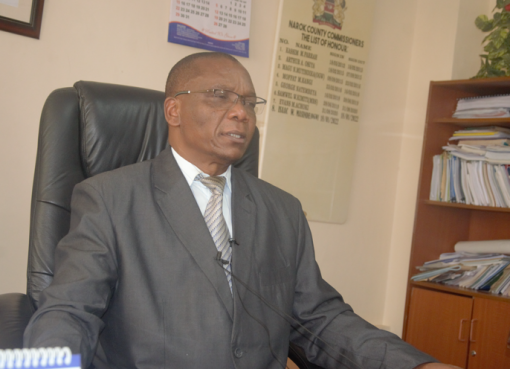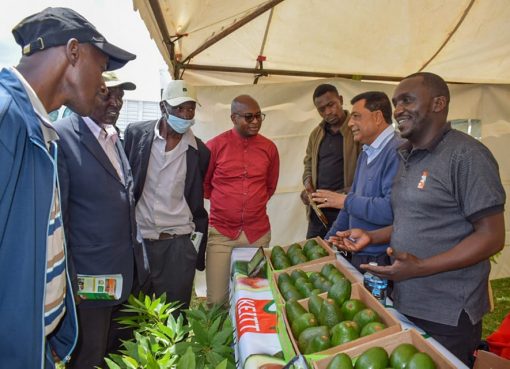A Community-based organisation, Inuka Communication Developers, is empowering women to enable them ascend the leadership ladder through community engagement talks.
Inuka’s director, Lydia Hongo, emphasised that these community dialogues help aspiring women understand the pathways available for them to venture in politics.
Hongo declared that her organisation has partnered with the county government to promote and disseminate information on embracing women leadership.
Recently, Inuka hosted a programme called Miss President, which fostered grassroots conversations about women’s leadership and participation in politics and governance.
“One year later, the community is now well aware of their leadership roles and has embraced them,” she stated.
Speaking in Homa Bay during a community engagement forum organised by partner Media Focus on Africa through its Filamu Dada programme, Hongo expressed their commitment to enhancing gender equality within communities.
“The women who have held various leadership positions have demonstrated that they can perform effectively, show commitment, and positively impact our community. This is why we are seeking grassroots opinions,” Hongo explained.
The director emphasised their goal of increasing women’s participation in leadership and governance, urging society to embrace and support their involvement in politics.
She added that more community awareness and advocacy platforms are essential to facilitate discussions on gender equality
Simon Gishua, an official from Media Focus which is utilising county-level public screenings to promote awareness and advocate for gender equality through Filamu Dada, highlighted that women have historically been underrepresented in leadership roles compared to men
“The scarcity of women in top leadership positions speaks volumes. We lack sufficient role models for our young girls and women to emulate,” he stated.
Through Filamu Dada, Media Focus aims to document the success stories of women leaders who are making significant contributions to their communities.
Gishua explained that they bring films to local communities to inspire women and girls, fostering discussions about leadership, gender issues, and the challenges hindering women in Homa Bay and other counties from rising in leadership.
“Some of these challenges stem from retrogressive cultural practices and beliefs that suggest leadership is a male domain. This cultural upbringing influences our perceptions of women,” Gishua remarked.
He noted that women are often questioned about their marital status and background factors irrelevant to their leadership capabilities.
“We aim to challenge these notions, demonstrating that leadership is not determined by gender or background, but by capacity. Women are more than capable of leading,” he noted.
Wycliffe Adila, a male representative, also advocated for women’s governance, stating that it is indeed possible to have more women in leadership roles.
“We appreciate the timely arrival of Filamu Dada. We elected a woman leader who has proven her capability. It’s time to discard outdated beliefs and attitudes towards women in leadership and encourage them to pursue these positions,” said Adila.
By Sitna Omar




